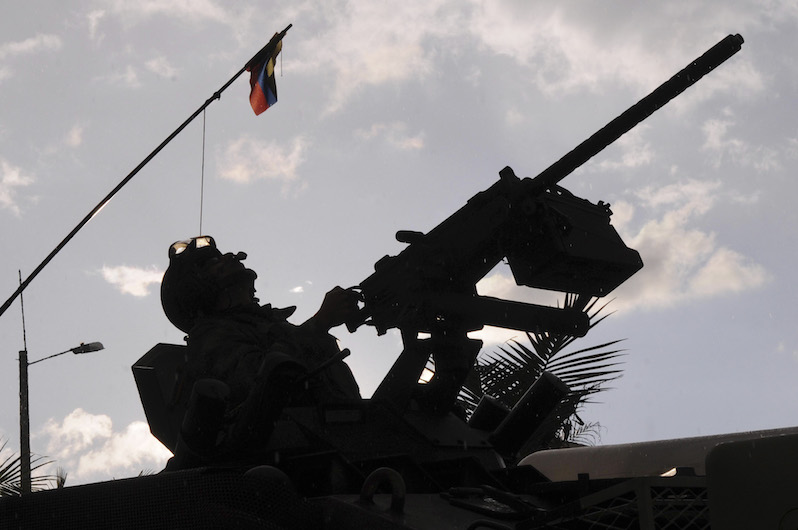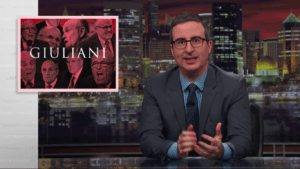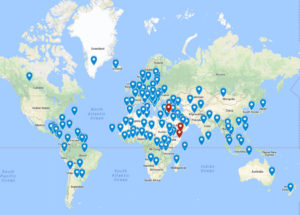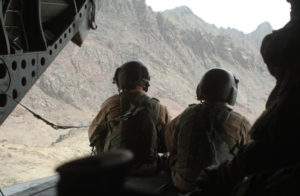The Ghosts Within: A Journalist’s Struggle With PTSD
After 13 years covering the U.S. war on drugs in Colombia, an investigative reporter begins a new journey with his family—learning how to live with an invisible illness. A Colombian soldier near a spot where 10 farmworkers were killed in 2012, reportedly by a drug-trafficking paramilitary group. (Luis Benavides / AP)
1
2
3
A Colombian soldier near a spot where 10 farmworkers were killed in 2012, reportedly by a drug-trafficking paramilitary group. (Luis Benavides / AP)
1
2
3

A Colombian soldier near a spot where 10 farmworkers were killed in 2012, reportedly by a drug-trafficking paramilitary group. (Luis Benavides / AP)
Independent journalism is under threat and overshadowed by heavily funded mainstream media.
You can help level the playing field. Become a member.
Your tax-deductible contribution keeps us digging beneath the headlines to give you thought-provoking, investigative reporting and analysis that unearths what's really happening- without compromise.
Give today to support our courageous, independent journalists.






You need to be a supporter to comment.
There are currently no responses to this article.
Be the first to respond.